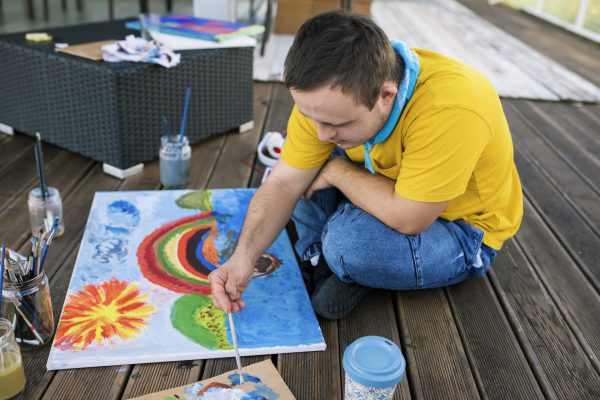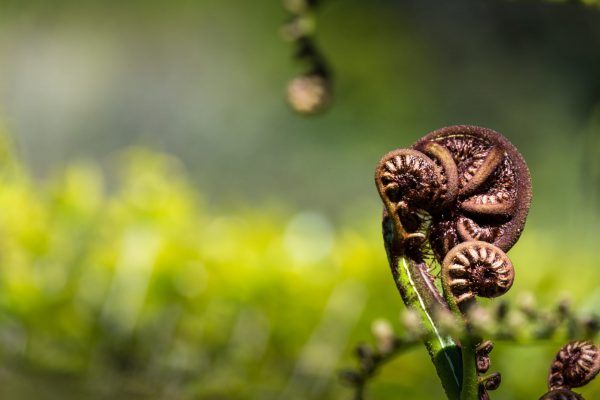Teach me
-
Learning about yourself
Learning about yourself supports your identity, sense of self and belonging. Participants spoke about how they felt empowered when people and organisations helped them to understand their illnesses or disabilities. They also talked about how their sense of self grew when they learned about their own cultural identity and ancestry.
I feel I belong amongst intelligent kind curious open people. I love to occupy a space where there is that - and there is learning.
-
I feel I belong amongst intelligent kind curious open people. I love to occupy a space where there is that - and there is learning.
-
Studying is good … for belonging.
-
The most helpful was the Tourette’s Association. The doctors didn't know, we had so many questions. It was so isolating before that.
-
Tourette’s Association page on Facebook, we can share. We don't really get any negativity.
-
In order to know yourself or your cultural and family identity, there’s a dependence on our parents and family to inform us. If you don’t know who you are, then you are lost, you don’t know who you are. Education is important.
-
I don’t want to have barriers. I work with all people. If I have bias or prejudice, then I work on them [biases and prejudices]. If there is bias, stereotyping, I tried to understand it.
-
-
Learning about others
Being in an environment that encourages learning about the diversity of others’ cultures, disabilities, and needs supports an inclusive community. Participants shared how understanding Aotearoa New Zealand’s history, Māori culture and language created a foundation for belonging. Some Māori participants shared how learning Te Reo later in life, re-connected them with their culture.
At work, the teachers encourage diversity and encourage use of the home language. We have a Cultural diversity day. We have a mural that has all the people of the wall, Nepali, everyone.
-
At work, the teachers encourage diversity and encourage use of the home language. We have a Cultural diversity day. We have a mural that has all the people of the wall, Nepali, everyone.
-
I used to have a lot of students talk to me about what’s this Māori thing, the Indian students. I’d take them out on journeys because I taught tourism. I’d give them stories, stories they could relate to, people who were uplifted and taken from their own areas. We’ve got an amazing country. You may think I’m quite versed and settled in knowing who I am as Māori New Zealander.
-
Outdoor education is another big thing that gives young people opportunities to explore [nature] and experience talking with other kids about how they are feeling.
-
In the syllabus of the papers in the university, we focus not only on the NZ cases and context, but we also see how other cultures take part as well in the context of what we’re trying to learn in the papers. Probably because I’m studying social science and it ties well with diversity. They really embrace diversity.
-
When learning new NZ cultures (Māori language, workplace, education, food, history, supporting others etc.)
-
My school is new and it is not a traditional school and I could not speak English. Most of the students were very supportive. I had teachers and students who helped me and I was very lucky. Students would sit next to me and help me and would teach me English. This school supports these types of things and everyone would encourage each other.
-
[xx] school embraced community languages and gave our kids an opportunity to taste various languages including Tamil. Would like to see this in other schools too, so that Tamil kids feel included in the education system.
-




